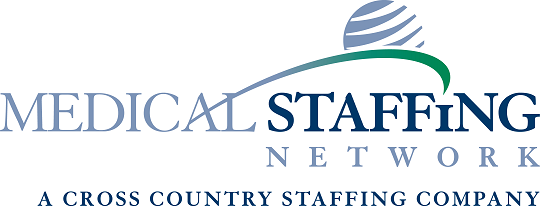There is no step by step guide to survive school while pursuing a higher education degree. Many people describe college as some of the best years of their lives. However, higher education is a dramatic lifestyle change that can be hard to adapt to for many students. As a recent graduate reflecting on my college years, there are a few things I wish I had realized before I entered college. Here are a few things I wish I would’ve known, including stress, studying and money management.
In high school I was a three sport athlete, a member of the National Honor Society, the secretary for the student council and part of many other committees. I balanced these activities very well and loved every minute of it. However, the set schedule I was used to changed when I came to college. You are in charge of managing your schedule. No one is there to guide you along. This can be a major change of pace for many people. So my tip to you is to set a schedule. Sit down and plan out your week. Designate times to do assignments, tests and to study. Stick to your routine. Your grades will thank you.
If you had poor study habits in high school, it’s time to make a change. Students are often shocked by how much effort they must put into their classes. Even though students are often told how much time and effort they will have to put into their classes, they are typically stunned when they are actually expected to do it. If you’re really struggling, reach out to your advisor for helpful tips on how to manage your course work. They may also have resources available to you to make studying easier or more enjoyable! Don’t take on more than you can handle. Some students can handle four courses at a time while others may only be able to focus on one. Wherever you fall on this spectrum, that’s okay! Progress isn’t linear. Lastly, ask friends and loved ones what worked for them or look up studying tips online. If one method fails, don’t give up! Everyone is different, you just need to find your niche.
In all honesty, college was the most stressful time of my life. When my routine was no longer existent, I found that I had to discover new ways to manage stress and anxiety. It wasn’t until my junior year that I was able to find ways to manage that stress that worked for me. I found that what worked for me didn’t necessarily work for my friends. I had always been an extremely active person, so I naturally gravitated towards fitness to take my mind off of whatever I was stressed about. Going to the gym at the end of the day helped me relax and refocus. Other stress relievers can be painting, reading a book or even just watching a movie or tv for a little while. Find a healthy coping mechanism and make sure to incorporate it into your new routine.
Last but not least, money. Money can be a huge concern while earning your degree, and managing it can be difficult. My advice would be to set a budget or allowance for yourself. You can make it weekly, bi-weekly, or even monthly. Factor in the cost of your loans, along with other expenses such as books and materials. When I made my budget, I also included money for food, extracurriculars along with how much money I would put into savings. I really stress putting money aside for savings. When my senior year rolled around, I was able to pay off my whole first semester with what money I had put aside which saved me the stress of paying more interest on my loan. Every bit counts, save what you can, when you can.
For many students, college is a whole new world and what comes along with it can be stressful and overwhelming. Finding what works for you during this time is extremely important. Sometimes, though, a little guidance can be helpful — take it from people who learned the hard way.

